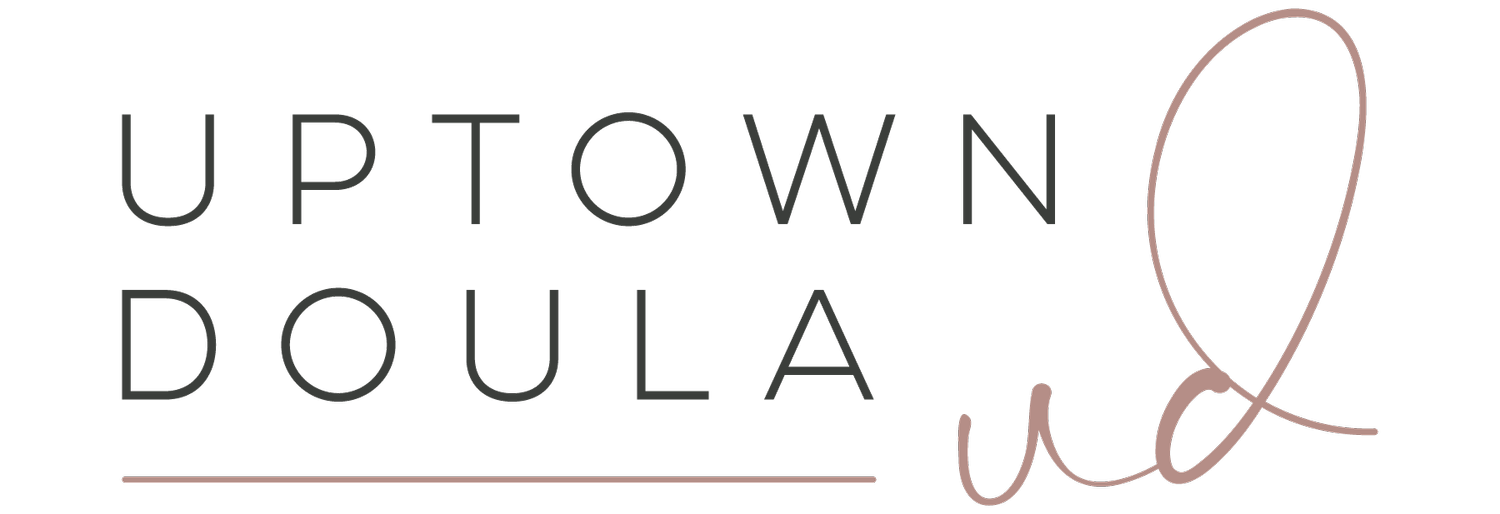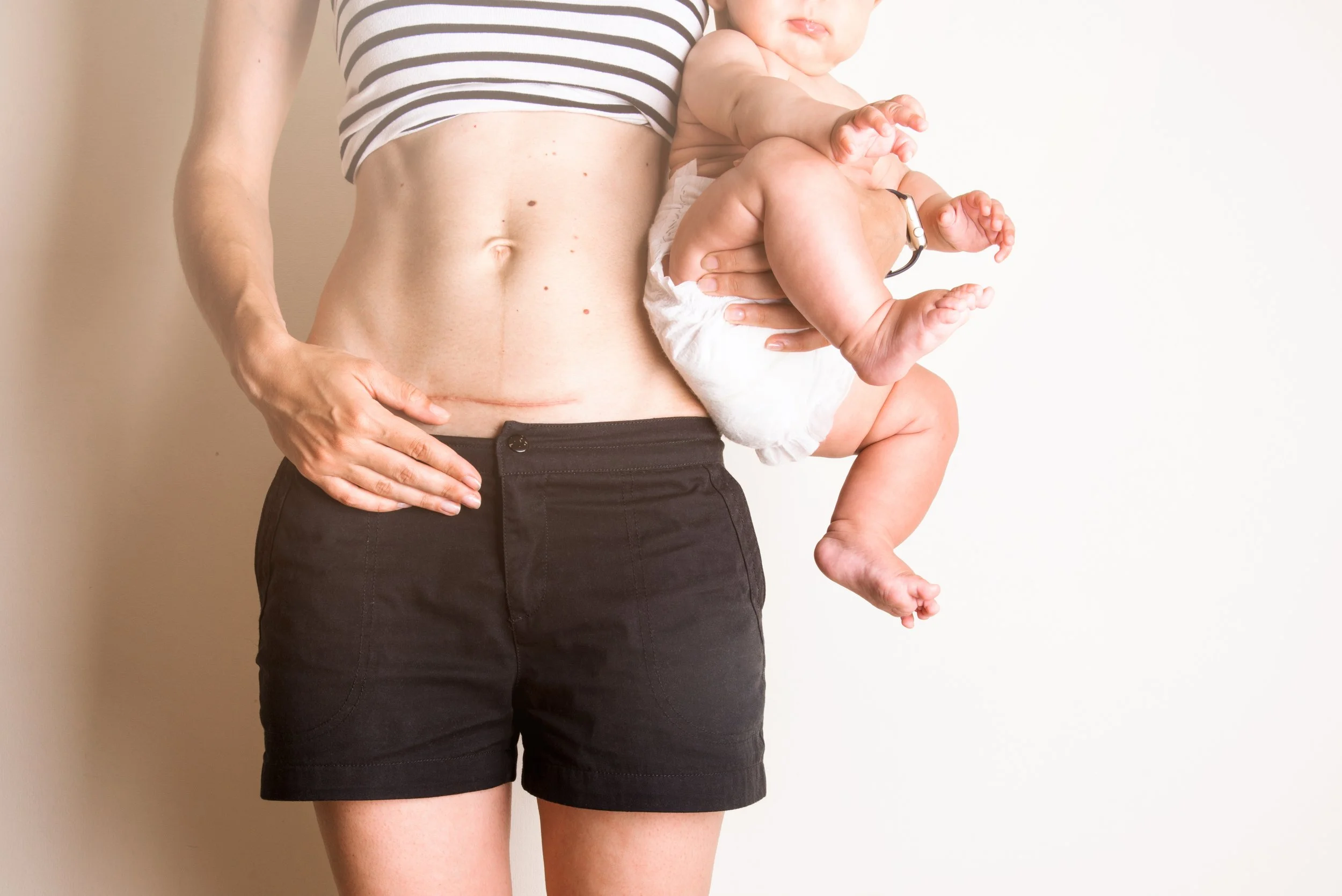This weeks blog is a bit different. We talk so much about pregnancy and birth, sometimes the vulnerable, post partum stage of having a baby gets left behind. Pregnancy was such an amazing time from the moment I got a positive pregnancy test. I feel like, and im sure almost everyone can relate, every bit of planning was based around pregnancy, labor and birth, and then baby once baby is here. What you should eat during pregnancy, best tips for labor, etc. What I felt like they didn’t prepare me for much was the post partum part of having a baby. The care for the birthing person after baby is born is not as intensive as I thought it would be. There is maybe one 6 week post partum visit and then youre on your way. I can sit here and talk about the lack of post partum care in the U.S all night, but instead, ill just share the top 7 things about post partum no body warned me about. Sorry if this gets intense, but then again, post partum is not for the weak, its ALL intense. Shit’s about to get REAL.
The not so pretty truth.
THE TEARS. Nobody told me how many tears I would cry the first few days, hell even the first few weeks. I was not prepared for the hormone changes, YET AGAIN. I remember one time coming home from the hospital, I sat on my bed and for no reason, just burst into tears. I remember thinking and feeling so silly because I wasn’t sad, I was the happiest I had been in a long time, I mean I just brought my baby home and life was amazing. WHY WAS I CRYING? Why did I feel this overwhelming sensation to just bawl my eyes out. Ill tell you why… HORMONES. Lesson learned? Cry. Just freaking cry. It feels good. And no youre not crazy.
THE SWEATS. Not only was I unprepared for the crying, but I have to sweat too?? The hormones have me crying, sweating so much that im waking up drenched, I seriously had no idea. It was one of those cold sweats that you get when youre sick… but youre not sick. You just had a baby.
THE LACK OF SLEEP. This one is an obvious one because…duh new baby. But the kind of not ever sleeping again im talking about is the kind where you just cant do anything but stare at your sleeping newborn baby. Talk about love at first sight…am I right? You should be sleeping but staring at that little teeny bit of perfection is much better than sleeping.
THE BLEEDING. I knew down there wouldn’t be too pretty for a long time but having almost a literal period for almost like a month… month and a half? Totally not prepared for. I had to wear a pad and granny panties for way longer than I expected. And why was there so much blood? I don’t think I wanted to stand up for days because of the ick I felt when I did. I couldn’t walk straight for weeks.
THE CRAMPS. Contractions during labor are a given.. obviously. How about contractions AFTER birth? LOL yes.. it’s a thing. I remember crying out for something to help the contractions during breastfeeding. They are no joke. Turns out its actually a good thing though. As you breastfeed, or even if you don’t, your uterus contracts to go back down to normal size after the birth of your baby. Sooo lots of curse words if that’s your things. It was for me.
THE SORE NIPPLES. This is totally just a breastfeeding thing but holy nipples. Once your milk comes in, your breasts are going to HURT. And then your nipples hurt. If your baby has a bad latch, they also might crack and bleed. How absolutely wonderful is that?
THE LOVE. I feel like this is an obvious one but the amount of love youll have for this precious life you and your partner created is unmatched. Out of all the things everyone prepped me for becoming a parent….the LOVE was definitely one that was accurate.
Becoming a parent is tough and definitely not textbook, its different for everyone. But I hope you find some peace and comfort in this crazy journey throughout parenthood. Remember that you matter, and its okay to ask for help if you feel you are struggling in your postpartum journey, visit Postpartum Support International. Here you will find many helpful resources including a help line and weekly meetings.
Whether you are looking for an extra set of hands or you just need a good night’s sleep, your postpartum doula is here for you. Overnight care is a wonderful option for new parents because you get quality sleep while your doula takes care of everything else.
If you are interested in more information and want to connect with your doula today, you can find us at Uptown Doula.
Written by: Natalie Story










